Programmes for Self Reliance
For KAIROS, Self-reliance means the social and economic ability of an individual, a household or a community to meet essential needs (including protection, food, water, shelter, personal safety, health and education) in a sustainable manner and with dignity. Self-reliance, as a programme approach, refers to developing and strengthening livelihoods of persons of concern, and reducing their vulnerability and long-term reliance on humanitarian/external assistance.
Self-reliance will build upon strong social structures and increasing levels of economic activity, and social and economic links with local communities. Social self-reliance refers to the ability of a community to function with a level of cohesion, social accountability and mutual dependence-taking decisions, mobilizing resources, and building and maximizing interpersonal capacity to address issues and initiatives for mutual benefit. Economic self-reliance is based upon access to, and management of, material and monetary assets. Self-reliance provides: the basis for Durable Solutions; a foundation working towards the Millennium Development Goals; and capacities contributing to the realization of the Agenda for Protection.
Therefore, KAIROS understand that “Self-reliance” involves several facets of a balanced life, including, education, health, employment, family home production and storage, family finances, and spiritual strength. Therefore, every programmes, education promotion, health promotion, employment promotion, promotion of domestic agriculture, micro finance programme, etc. are aiming at the self reliance of its target communities. An elaborated list of programmes can be produced and exhibited. But only major ones are listed below:
- Promotion of sustainable people’s movement :
People are the real agents and owners of development. They have the ability to work for development. For this, they need to be organized, united together and capacitated with a common perspective as their own. This objective aims at promoting such a process in a sustainable manner. Ongoing collective search and role analysis by all the actors involved is the base of this objective.
- Women Empowerment Programmes :
Formation and Strengthening of SHGs, Formation of federations, programmes of public interests and awareness generation, women entrepreneurship development programmes , gender impact assessment of all the development interventions
- Environmental Management Programmes :
Sustainable agriculture, Watershed Development Programmes, Non conventional water conservation and energy conservation programmes, Campaign for soil and water conservation & Preservation, Regeneration of eco-system, etc.
- Health Promotion Porgrammes :
water and sanitation programmes, Water literacy, Medical Camps, Awareness generation Programmes, Promotion of Herbal Gardens and Herbal Medicines, Promotion of Pure Drinking Water, Sanitation & Hygiene Promotion, Programme for Prevention of HIV/AIDS, etc.
- Capacity Building Programmes :
In house & Ex-house training for the staff, Process & Technical training like PRA, PME,RBM, NRM APM, thematic workshops and seminars, Topics focused Awareness Generation Programmes, etc.
- Child Development Programmes :
Capacity Building, Unarvu, RCH, Printing & Distributing of IEC materials, etc.
- Family Assistance Programmes :
Cost effective and eco-friendly housing and sanitation, Family Sponsorship programme, domestic income generating programmes, small business promotion programmes and promotion of schemes like cow rearing and goat rearing, etc.
- Rural Entrepreneurship Development Programme :
Entrepreneurship Development Training Programmes, Promotion of Income Generation Programmes, Micro-financing, vocational training, job oriented skill development training programmes, establishing micro-enterprises for women and the youth, etc.
- Educational Promotion Programmes :
Educational Loans and Scholarships, Career Guidance, Literacy Programmes, Supplementary Education Programmes for the Weak Students, Parental Motivation Programmes, etc.
- Social Security Programmes :
Promotion of groups and federations for unorganized artisans and domestic workers, promotion of Kshemanidhi (Welfare) programmes in association with Government’s labour welfare department, General Life Insurance and Health (Medical) insurance programmes, etc.
- Emergency Relief Programmes :
for the victims of natural calamities/natural disasters like distribution of food and cloth kits, books and study materials for school children, organizing and conducting medical camps, etc.

 Natural Resource Management
Natural Resource Management
 In partnership with National
In partnership with National  In partnership with International Funding Agencies
In partnership with International Funding Agencies

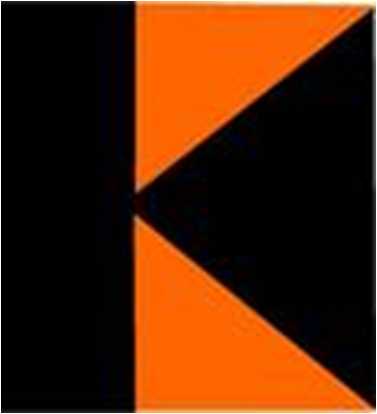
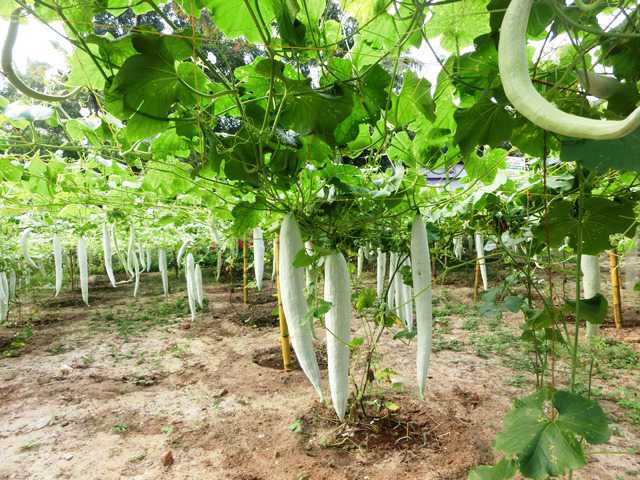
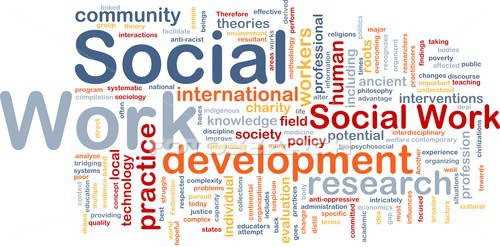
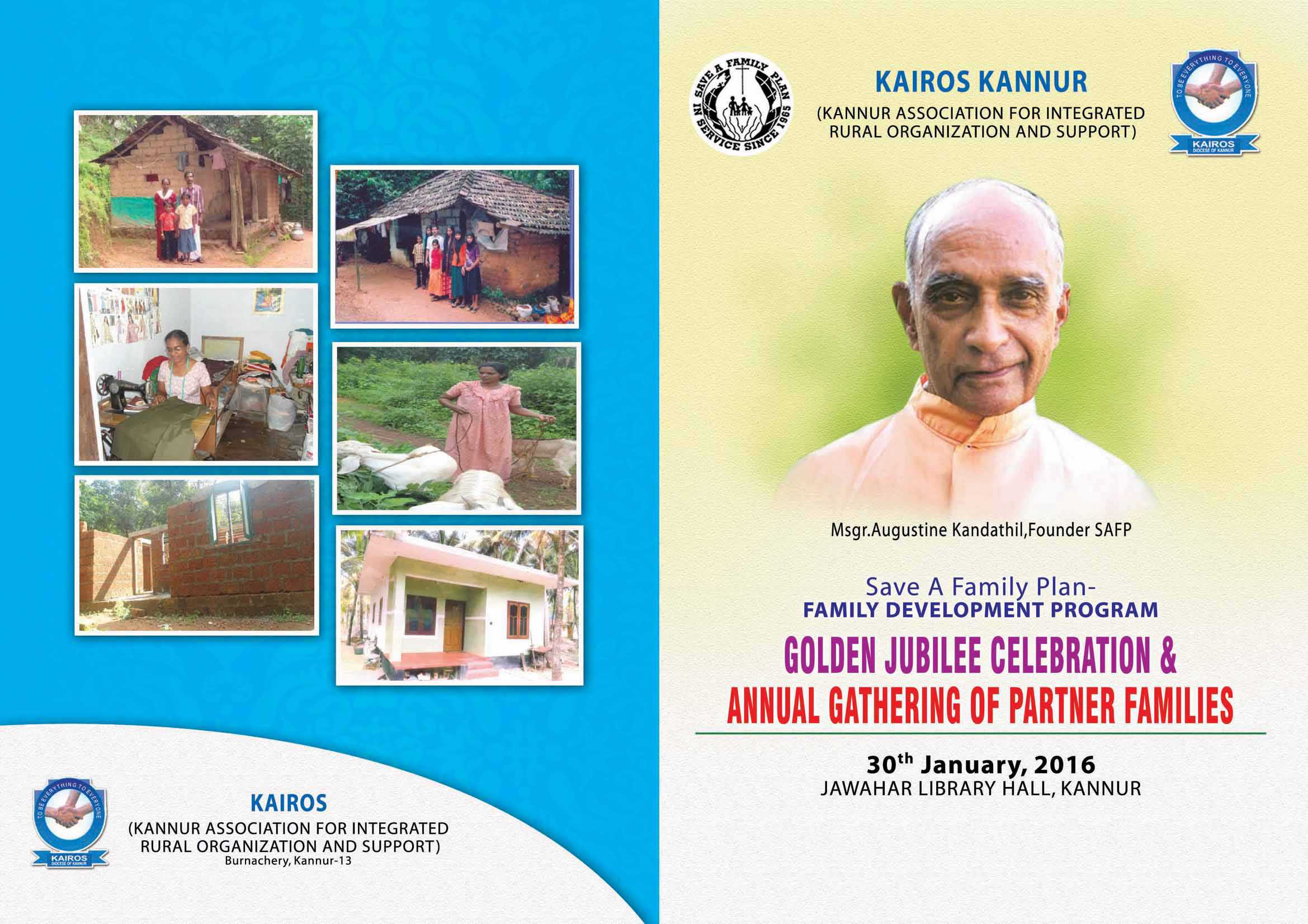
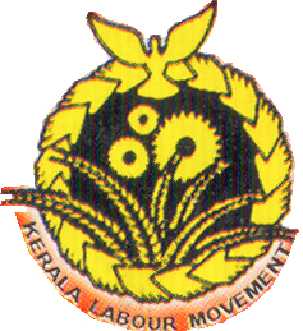
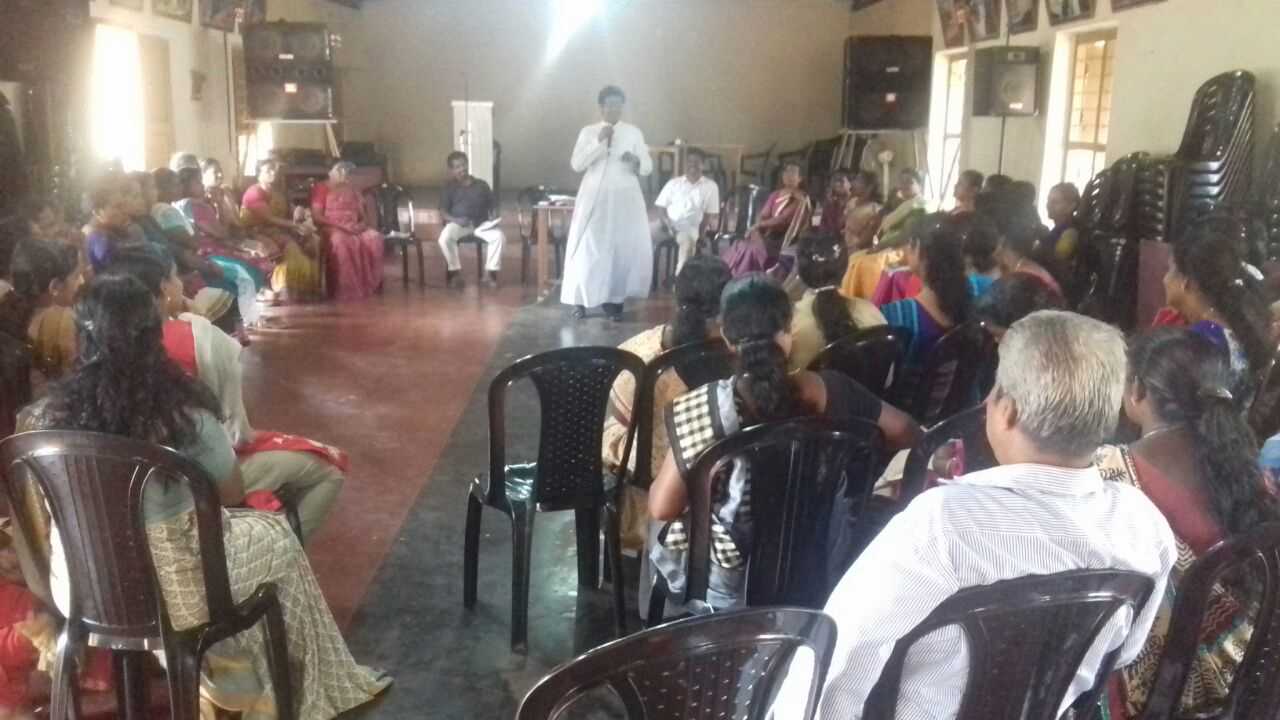
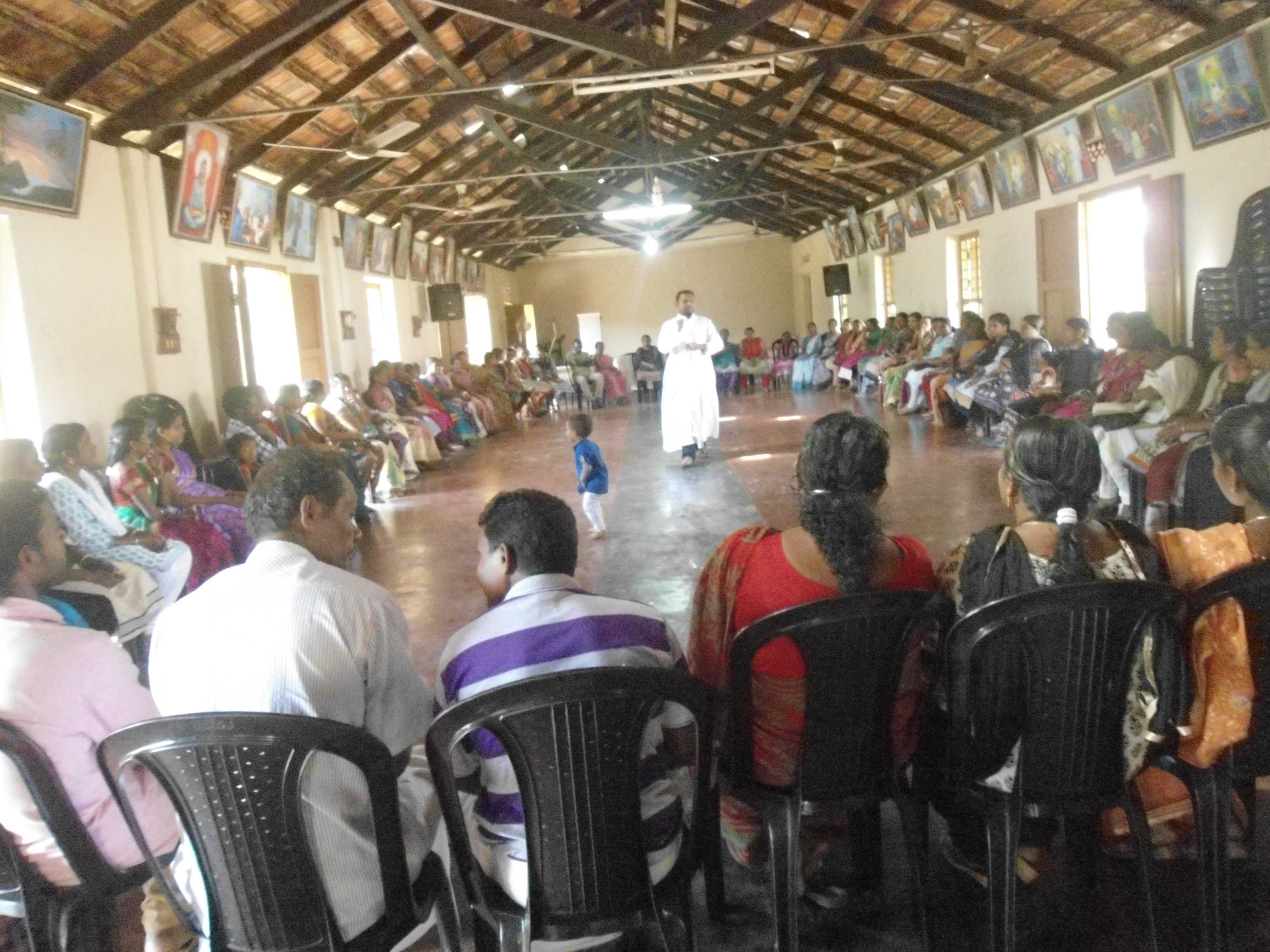
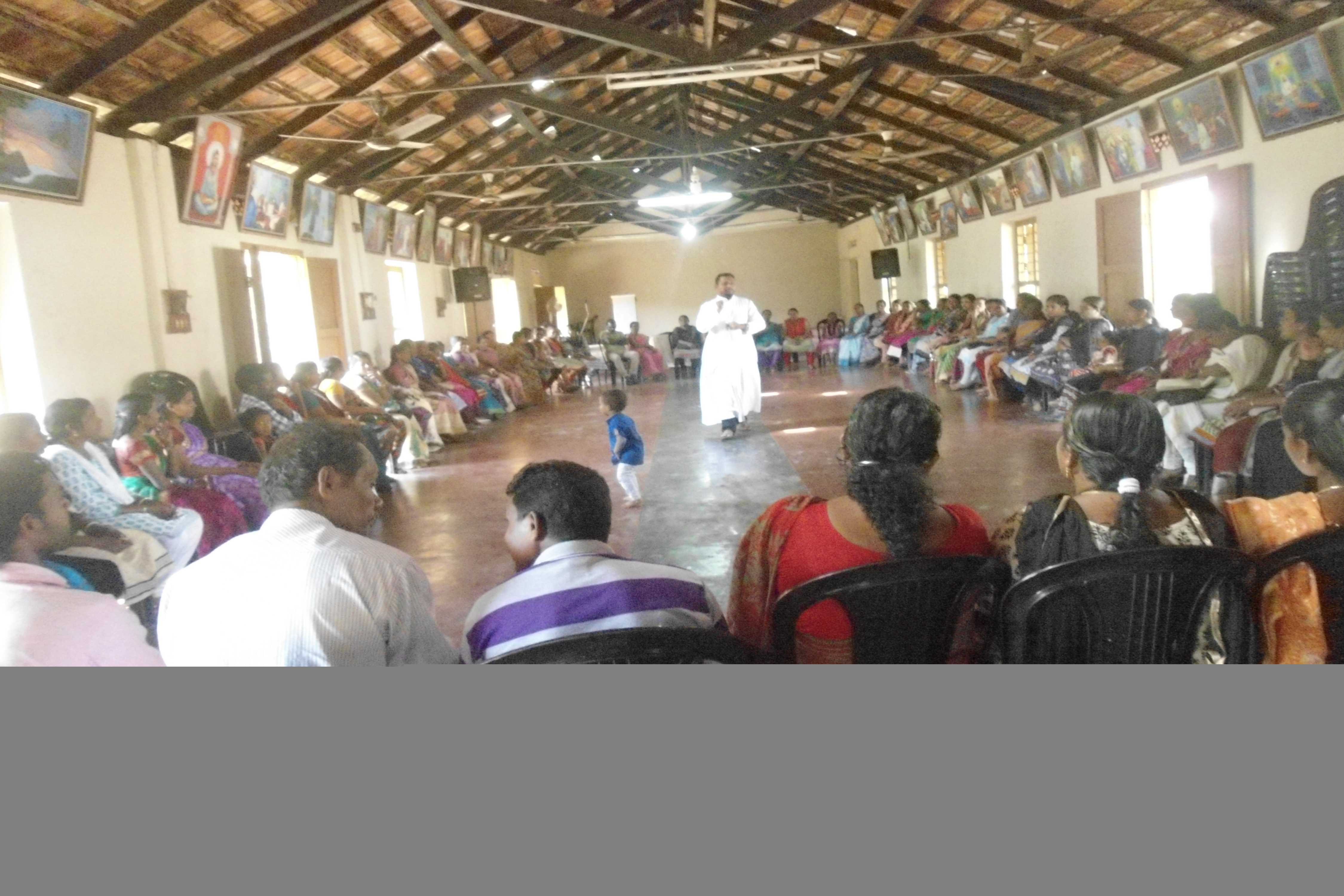
.jpg)